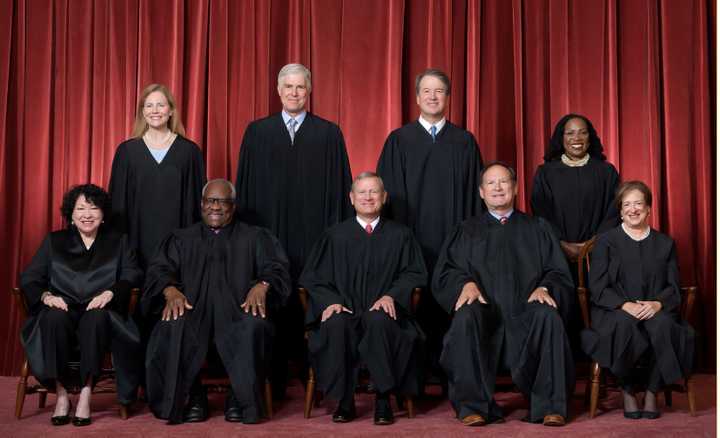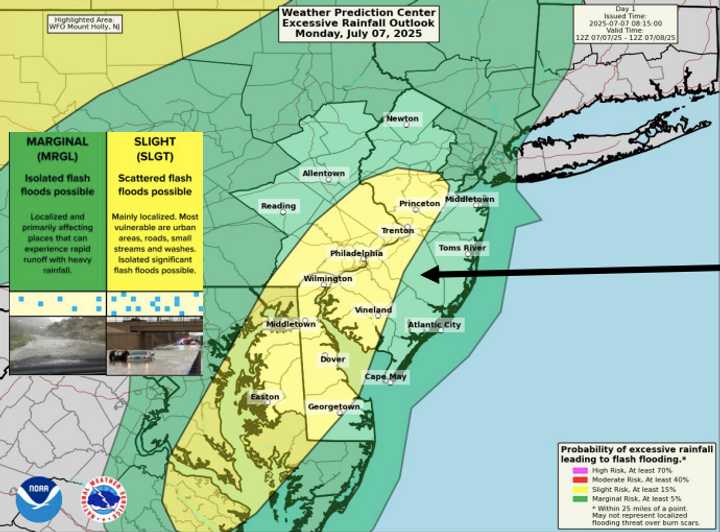Supreme Court Sides With Trump On Nationwide Order Limits
In a ruling that has significant ramifications for executive authority, the Supreme Court has limited the ability of federal judges to halt presidential actions nationwide.
Elena Kagan, Samuel A. Alito, Jr., Chief Justice John G. Roberts, Jr., Sonia Sotomayor, and Clarence Thomas sit in the front row, from left to right. Ketanji Brown Jackson, Brett M. Kavanaugh, Neil M. Gorsuch, and Amy Coney Barrett are in the back row.
A 6-3 vote along ideological lines resulted in the 119-page ruling on Friday morning, June 27.
The conservative majority of the court decided to restrict the use of so-called worldwide injunctions in a decision related to a challenge against President Donald Trump’s plan to deny undocumented immigrants their birthright citizenship.
Even when there is just one plaintiff on the bench, lower court judges have been able to stop national initiatives thanks to these sweeping orders.
The justices stressed that they were not determining the legality of Trump’s birthright citizenship action, but rather that judges had gone too far in issuing broad injunctions that had an impact on parties well beyond the case’s plaintiffs.
The opinion represents a substantial change in the scope of judicial challenges to presidential power and the impact of a single judge’s decision.
According to Justice Clarence Thomas, “The Court today holds that federal courts may not issue so-called universal injunctions.”
In the concurring opinion, Justice Brett Kavanaugh stated that “district courts can no longer award preliminary nationwide or classwide relief except when such relief is legally authorized.”
Justices Elena Kagan and Ketanji Brown Jackson joined Justice Sonia Sotomayor in dissenting.
“Undeterred, the Government now asks this Court to grant emergency relief, insisting it will suffer irreparable harm unless it can deprive at least some children born in the United States of citizenship,” Sotomayor said in her ruling. “The government does not try to conceal the obvious gamesmanship in this proposal. Unfortunately, though, this Court cooperates.












